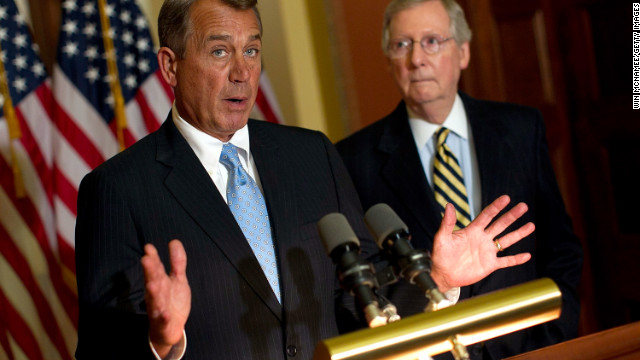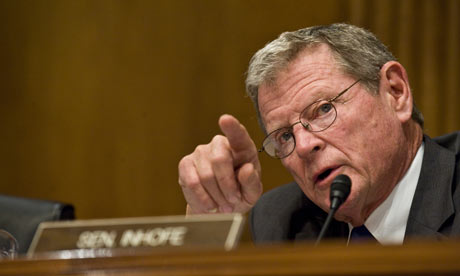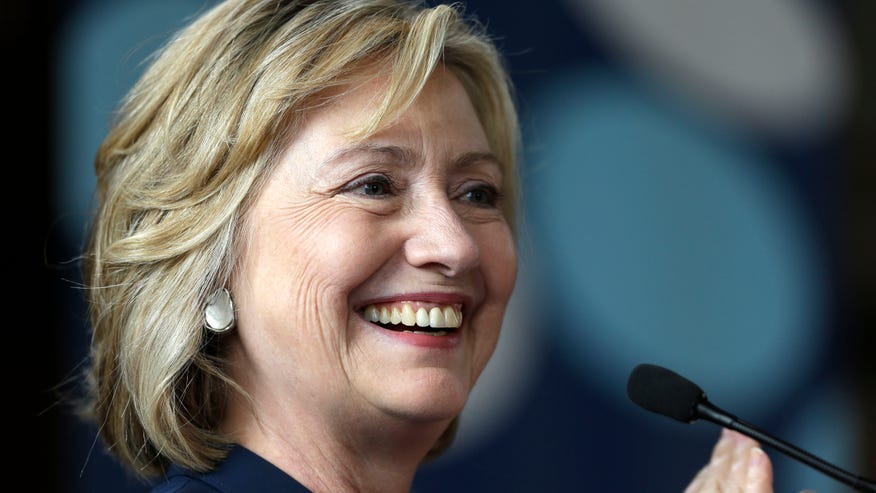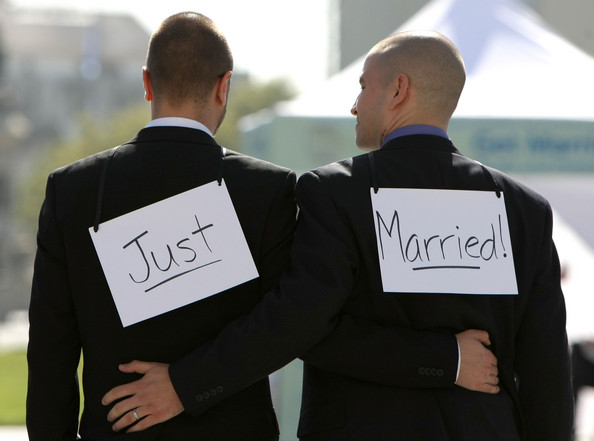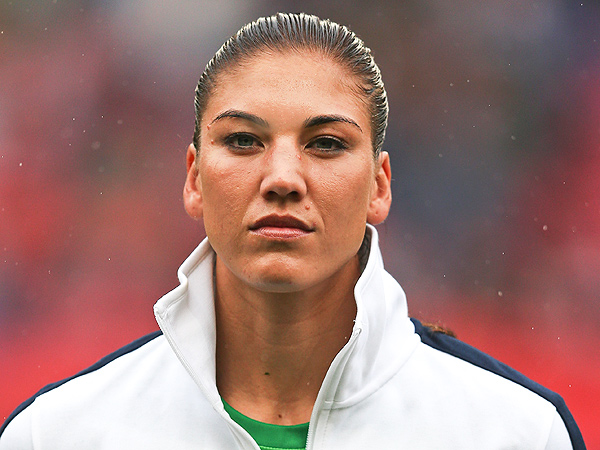 |
| We used to dream about these kinds of digs. Nowadays, fuggitaboutit. |
I've always suspected that the reason the white working class would support the conservative Republican agenda is because they don't make substantive connections. They don't understand that tax cuts mean loss of services, often services they were quite used to their whole lives. Example of a connection they miss? Their taxes go down $20 a month, but the free sports program they enjoyed in their youth now cost them $150 for each of their children to participate in. High-school graduation that might have cost $5 when they were young now costs them $300 per kid. The prom? $100. The DMV? A ticket for a red light? Interest rate on a credit card? Living with your 75-year-old parents when your unemployment insurance runs out? And so on.
But they got that $20 a month tax cut! Tax cuts good! The white working class doesn't notice -- or they simply discount by rote -- that the vast majority of tax cuts go to the wealthy. And so it goes with incomes, especially new income. The very wealthy get a hold of the vast majority of the new money:
The rallying cry of the Occupy Movement was that the richest 1 percent of Americans is getting richer while the rest of us struggle to get by. That’s not quite right, though. The bottom nine-tenths of the 1 Percent club have about the same slice of the national wealth pie that they had a generation ago. The gains have accrued almost exclusively to the top tenth of 1 Percenters. The richest 0.1 percent of the American population has rebuilt its share of wealth back to where it was in the Roaring Twenties. And the richest 0.01 percent’s share has grown even more rapidly, quadrupling since the eve of the Reagan Revolution.It's bad enough that the rich are getting filthy richer, but it's worse that Americans don't seem to know it:
In their study, Norton and Kiatpongsan asked about 55,000 people around the globe, including 1,581 participants in the U.S., how much money they thought corporate CEOs made compared with unskilled factory workers. Then they asked how much more pay they thought CEOs should make. The median American guessed that executives out-earned factory workers roughly 30-to-1—exponentially lower than the highest actual estimate of 354-to-1. They believed the ideal ratio would be about 7-to-1.
“In sum, respondents underestimate actual pay gaps, and their ideal pay gaps are even further from reality than those underestimates,” the authors write.
What's a bit funny -- considering how Americans, at least conservative ones, hold a certain contempt for European-style socialism -- is that, when offered a chance to choose between living in a country like the U.S. or Sweden, Americans chose Sweden (in sort of a blind taste test):Americans didn’t answer the survey much differently from participants in other countries. Australians believed that roughly 8-to-1 would be a good ratio; the French settled on about 7-to-1; and the Germans settled on around 6-to-1. In every country, the CEO pay-gap ratio was far greater than people assumed. And though they didn’t concur on precisely what would be fair, both conservatives and liberals around the world also concurred that the pay gap should be smaller. People agreed across income and education levels, as well as across age groups.
This is the second high-profile paper in which Norton has argued that Americans have a strikingly European notion of economic fairness. In 2011, he published a study with Duke University professor Dan Ariely that asked Americans how they believed wealth should be split up through society. It included two experiments. In the first, participants were shown three unlabeled pie charts: one of a totally equal wealth distribution; one of Sweden’s distribution, which is highly egalitarian; and one of the U.S. distribution, which is wildly skewed toward the rich. Then, the subjects were told to pick where they would like to live, assuming they would be randomly assigned to a spot on the economic ladder. With their imaginary fate up to chance, 92 percent of Americans opted for Sweden’s pie chart over the United States.Leave it to Paul Krugman to be right on top of this enigma, with his column today:
So Americans have no idea how much the Masters of the Universe are paid, a finding very much in line with evidence that Americans vastly underestimate the concentration of wealth at the top.
Is this just a reflection of the innumeracy of hoi polloi? No — the supposedly well informed often seem comparably out of touch. Until the Occupy movement turned the “1 percent” into a catchphrase, it was all too common to hear prominent pundits and politicians speak about inequality as if it were mainly about college graduates versus the less educated, or the top fifth of the population versus the bottom 80 percent.
And even the 1 percent is too broad a category; the really big gains have gone to an even tinier elite. For example, recent estimates indicate not only that the wealth of the top percent has surged relative to everyone else — rising from 25 percent of total wealth in 1973 to 40 percent now — but that the great bulk of that rise has taken place among the top 0.1 percent, the richest one-thousandth of Americans.
So, education is the key to everything. How you educate the numbingly ignorant is a daunting task, but we need to keep trying. It would help if the one political party of a size decent enough to get stuff done -- the Democrats -- would be willing to mount a truly populist messaging campaign until the working class woke up. And let's not be confused: The American working class is not just the lower classes. Increasingly, it's the middle-middle and the upper-middle classes that are losing out to the wealthy. The phase "you can't get there from here" is starting to have real pertinence in today's economy.So how can people be unaware of this development, or at least unaware of its scale? The main answer, I’d suggest, is that the truly rich are so removed from ordinary people’s lives that we never see what they have. We may notice, and feel aggrieved about, college kids driving luxury cars; but we don’t see private equity managers commuting by helicopter to their immense mansions in the Hamptons. The commanding heights of our economy are invisible because they’re lost in the clouds.
You want to get a college education and make something of yourself? Don't bother. You can't get there from here.
 |
| How to get home to the Hamptons... |












